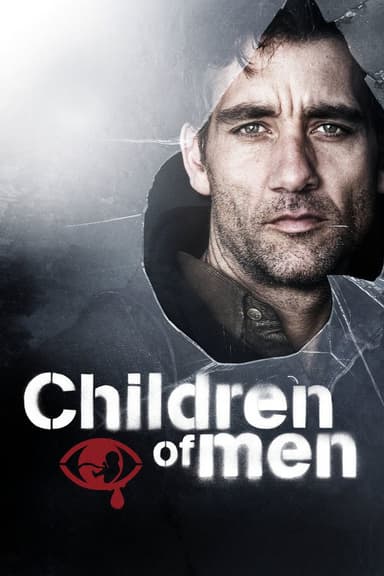
The Boys from Brazil
1978 • Drama, Mystery, Science Fiction • R
Nazi hunter Ezra Lieberman discovers a sinister and bizarre plot, masterminded by Dr. Josef Mengele, to rekindle the Third Reich.
Runtime: 2h 5m
Why you should read the novel
Ira Levin's novel, The Boys from Brazil, offers a far richer and more psychologically gripping experience than the film adaptation. Through masterful prose and meticulous pacing, Levin crafts an intricate web of suspense, moral quandaries, and historical what-ifs that invite deeper contemplation. The book delves into the chilling consequences of unchecked ideology, creating an atmosphere that lingers long after the last page.
Reading the original novel gives access to the subtle nuances of character development and motivation that the film, due to time constraints, often glosses over. Levin's writing explores the minds of both the protagonists and antagonists, immersing readers in a tense, intellectual battle of wits.
Additionally, the book’s exploration of genetic engineering, fate, and individual agency is more thought-provoking and nuanced. By engaging with the novel, readers are rewarded with a more complex moral narrative and a richer tapestry of suspenseful twists, making it a compelling alternative to simply watching the movie.
Adaptation differences
One of the key differences between the film and Ira Levin's novel is the treatment of character depth and motivation. The book provides more extensive psychological insight into both Dr. Joseph Mengele and the Nazi hunters, particularly Yakov Liebermann, making their cat-and-mouse dynamic more intense and layered. In contrast, the film often prioritizes visual drama and pacing over exploring these inner worlds.
Plot-wise, several events and characters are streamlined or altered in the movie for cinematic efficiency. For instance, the backstories of the cloned boys and their adoptive families are more detailed and consequential in the novel, while the film condenses or omits some of these storylines to keep the narrative focused on the central chase.
The ending of The Boys from Brazil also differs notably between mediums. Levin’s novel offers a more ambiguous and unsettling resolution, leaving readers to ponder the broader implications of scientific hubris and evil. The film, on the other hand, opts for a more definitive and action-driven climax, which some might find less intellectually provocative.
Furthermore, the movie reduces the novel’s subtle commentary on the nature of destiny versus free will. While the book challenges readers to consider if evil can truly be manufactured or if individuals have agency to break such cycles, the film leans more heavily into overt thriller tropes, simplifying the philosophical core for mass appeal.
The Boys from Brazil inspired from
The Boys from Brazil
by Ira Levin














